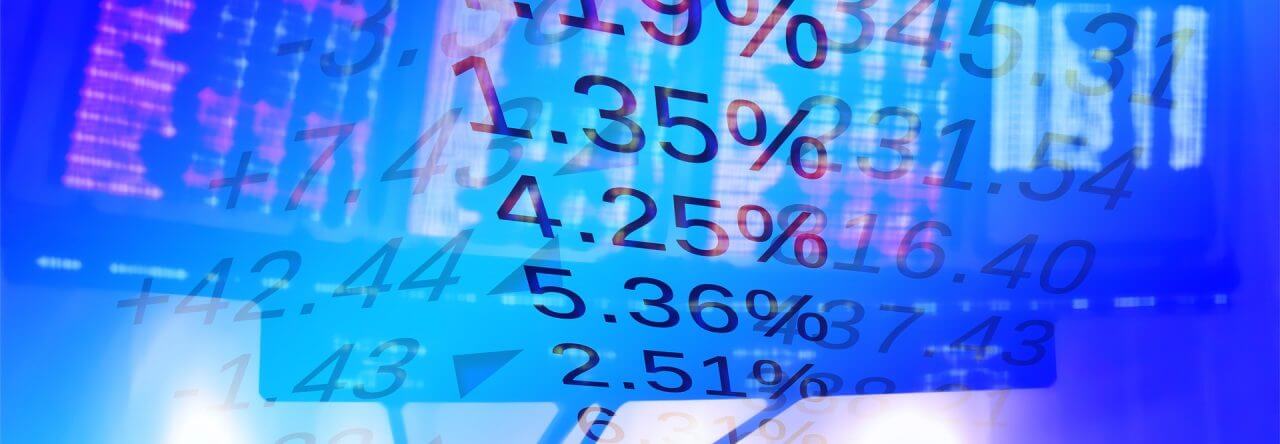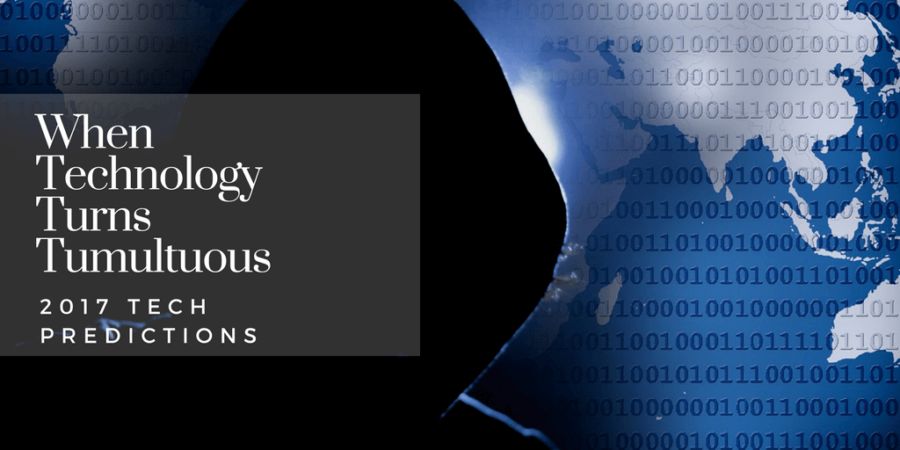Following the Tesco Bank hack in November 2016, many are led to wonder what this breach of security means for the future. On Monday, November 7, Tesco, a major UK bank, reported that over 9,000 customer accounts had been compromised and a total of £2.5 million had been taken from those accounts. This was the largest-ever cyber attack on a UK bank to result in a mass loss of money. Yet, following the attack, Tesco released the statement, “Tesco Bank has not been subject to a security compromise and it is not necessary for customers to change their login or password details.” They were careful to avoid using the word “hacked.”
But isn’t that exactly what it was? Well, according to an opinion piece from Payments Industry Intelligence, not exactly. Tesco itself could not even explain how this “systematic and sophisticated attack” even happened, only that (unlike the Yahoo! data breach), no personal data was compromised. Mark Weston, head of information technology at international law firm Hill Dickinson explained that, whether the attack was internal or external, no bank is immune to fraud. This could have happened to any bank.
The author of the opinion piece theorizes that there are one of two things that could have led to the security breach, the first being that criminals made fraudulent debit card transactions by securing a large batch of real Tesco Bank debit card numbers from a third party (like one of Tesco’s core outsourcing partners), which would have contained both the CVV and CVV2 numbers and account numbers. The second theory is that the criminals made transactions using US magnetic stripe contactless debit cards (which the US is gradually phasing out in favor of chip cards) and Tesco Bank’s authorization systems did not recognize this transaction type; therefore, they did not validate the CVV values and the criminals could have inputted random values.
As technology becomes more and more advanced to the extent that nearly everything, even banking, is done by machine, there exists a much greater risk of fraud. According to BBC News, “The more connected the world becomes- think connected cars, smart homes, sensor-laden cities- the more opportunities for hackers to break into the system and wreak havoc.”
Therefore, BBC predicts, according to cybersecurity firm Trend Micro, that in 2017, the internet of things (IoT) and industrial internet of things (IIoT) will play a larger role in targeted attacks, and another major bank will fail as the result of a cyber-attack. The firm also predicts that hackers will continue renting out their ransomware infrastructures that allow them to break into computer systems, encrypt data, and demand a ransom to decrypt it.
Worse yet, hackers are no longer interested in merely stealing data and acquiring money from it; they are figuring out how to alter it, which could have potentially disastrous consequences. Major companies and entire stock markets could collapse. Essentially the entire modern world is run by a delicate web of data; data alteration has the power to bring down power grids and water supply systems. Life as we know it could be at risk. Additionally, hackers will continue to target human vulnerabilities by tricking people into transferring money into criminals’ accounts. In the US in 2016, the average payout was a whopping $140,000.
Some of the other tech trends projected for this year may sound exciting in theory, but advances in artificial intelligence, virtual reality, and automation could spell out doom as well. If we keep entrusting robots with human jobs, such as call center and customer service jobs, then there will no longer be a need for those workers and the labor market and economy will suffer unless some kind of system is put in place to accommodate for the loss of jobs.
So, the lesson here is simple. Changes in technology can be exciting and life-changing, but according to BBC, “2017 could also be the year that the world is forced to deal- finally- with the tangible impacts of technology upon human society.” Technology has the power to save lives, to revolutionize the way humans work and function- but it should be taken with a grain of salt, because technology also has the power to lead to the destruction of the lives we have become accustomed to.

